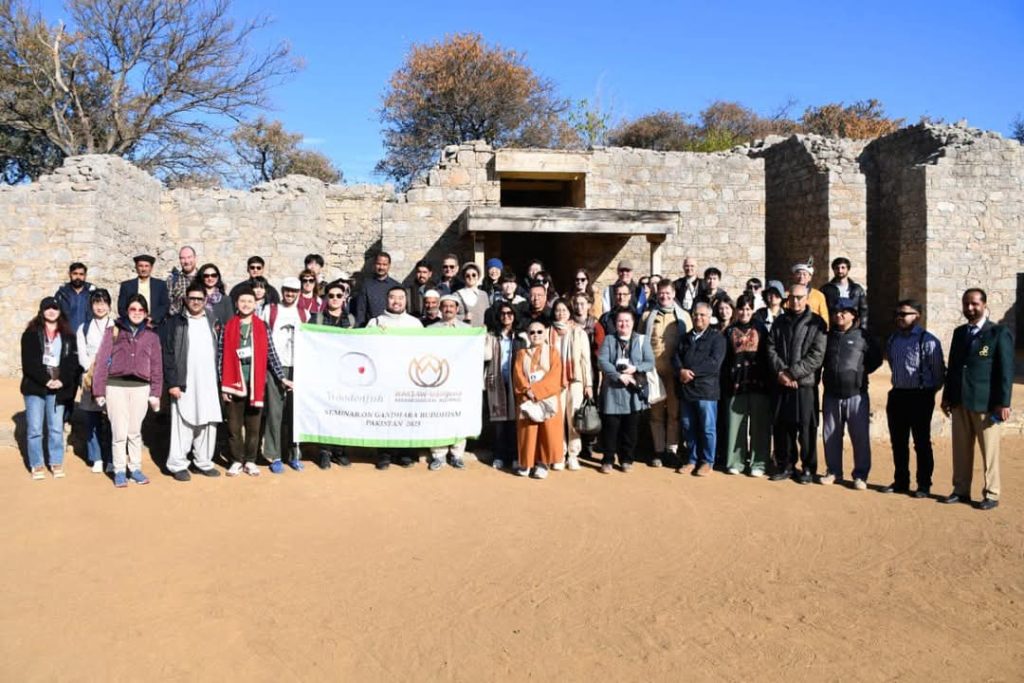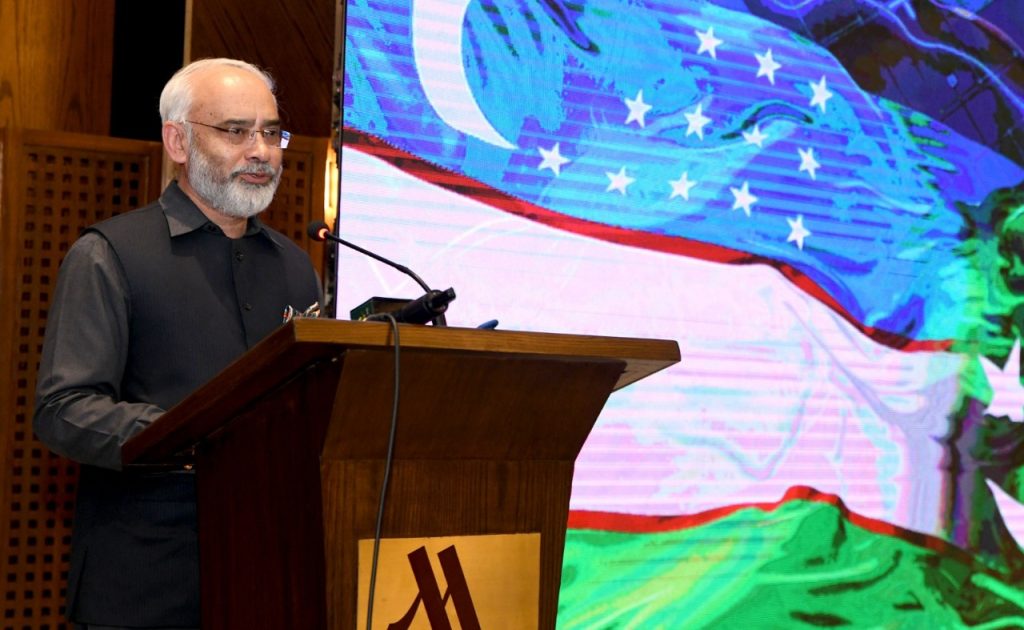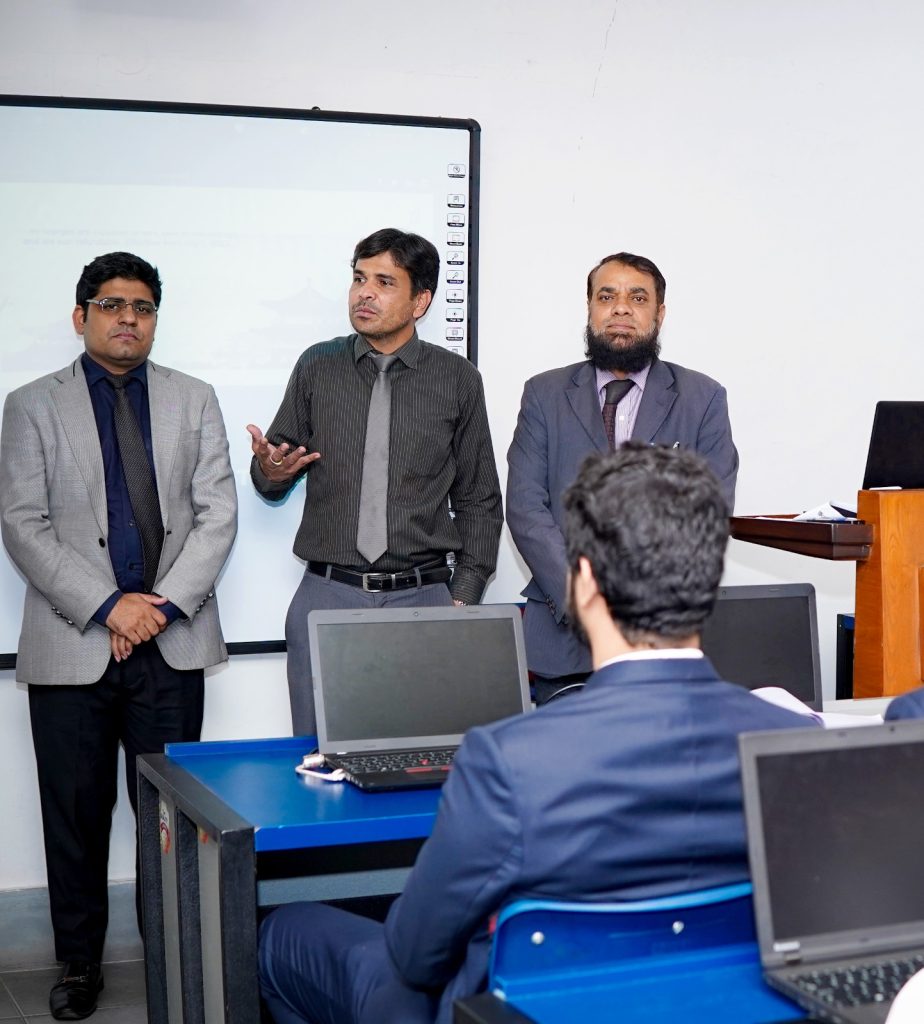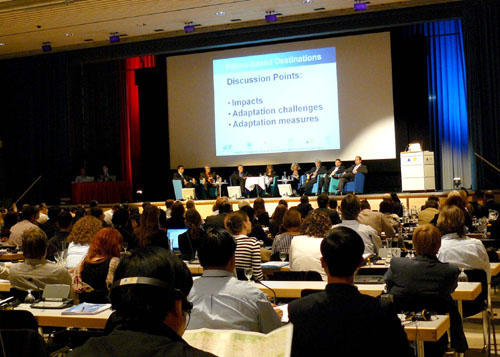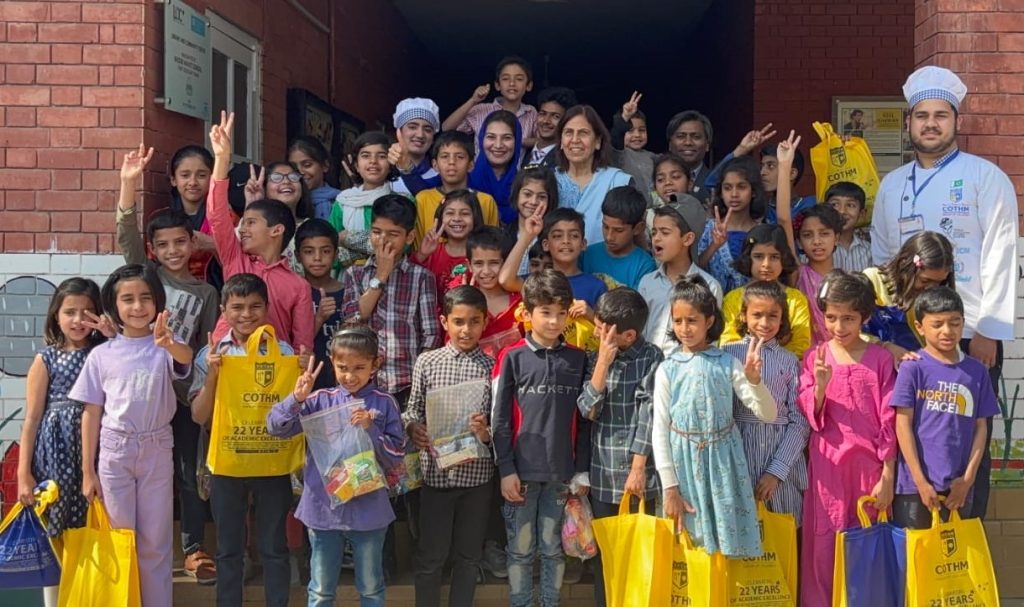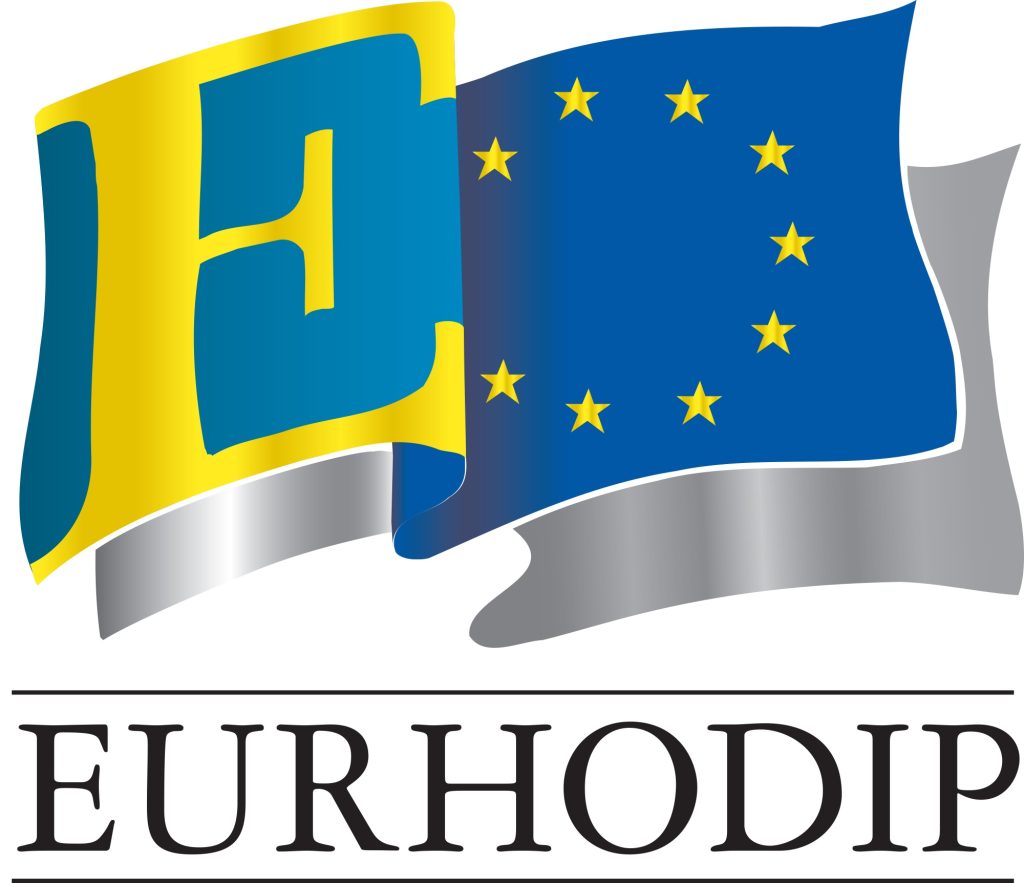The educational landscape in Pakistan predominantly focuses on theoretical learning, leaving graduates ill-equipped for the practical demands of the job market. Upon completion of their studies, students often find themselves holding mere certificates, lacking the essential skills needed for employment. This mismatch between academia and industry aggravates the issue of unemployment, as employers seek candidates capable of immediately contributing to their organizations, while graduates struggle to meet these expectations due to a lack of practical skills. Due to this permanent crisis, a huge number of young boys and girls are seen unemployed in Pakistan.
The root cause of this unemployment crisis lies in the absence of a skilled workforce. Pakistani universities churn out graduates with degrees but without the necessary skills to thrive in their respective fields. The educational model in Pakistan primarily focuses on theory keeping the students away from practical and hands-on training. A Computer Science graduate may lack practical coding abilities, a media graduate might struggle to craft a news story, and an English graduate may falter in basic language proficiency. In Pakistan, a degree in a subject does not guarantee even basic practical knowledge about that area.
To address this issue, educational institutions must prioritize practical training and market-oriented skill development. By employing faculty with practical expertise and updating curricula to emphasize hands-on learning, universities can produce graduates who are ready to meet industry demands from day one. All they need is to prioritize skills in their educational streams.
This approach mirrors successful models adopted by developed countries, where skills-based education systems have proven instrumental in supplying relevant workforce to various industries. By aligning educational programs with market needs and providing students with practical training, these countries ensure that graduates are well-prepared for their chosen careers.
In Pakistan, organizations like the College of Tourism & Hotel Management (COTHM) have been leading the charge in promoting skills-based education. Since its establishment in 2002, COTHM has been offering courses in hospitality management, travel & tourism, culinary arts, baking and patisserie, and food safety. Embracing the motto of ‘degree with skills’, COTHM emphasizes practical training and provides job opportunities to successful graduates.
The success of COTHM’s approach underscores the importance of adopting similar strategies at the national level. Due to this approach and model, students graduating from COTHM are accepted in the market wholeheartedly. Degree awarding institutes and universities must shift their focus from producing unemployed degree holders to nurturing a skilled workforce that can drive economic growth and innovation. This is the only way-out to alleviate unemployment from the country.
In a conversation with Hospitality Plus, COTHM Founder & CEO Ahmad Shafiq reiterated the organization’s commitment to empowering Pakistani youth through skills education. He emphasized the importance of equipping the younger generation with practical skills that not only benefit Pakistan but also open doors to opportunities abroad. He also emphasized that skillful youth are the cornerstone of Pakistan’s future, and COTHM remains dedicated to shaping that future through skill development.


